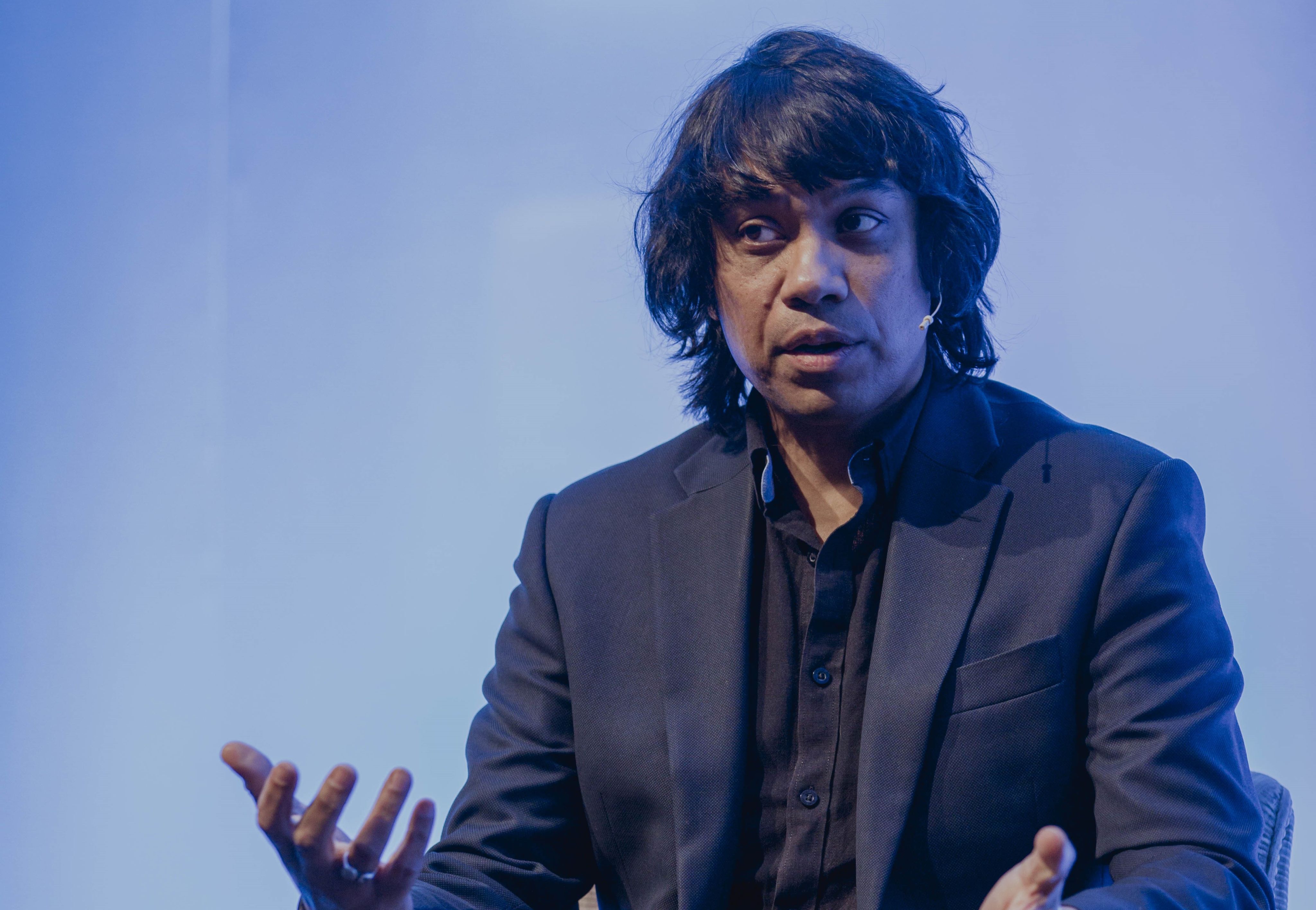Life changing tech for people with type 1 diabetes
A patient’s story

In December 2023, NICE published technology appraisal guidance on hybrid closed loop systems for managing blood glucose levels in type 1 diabetes. Ammaarah Ahmed reveals the positive impact having access to this game-changing technology has made to her life.
"It feels like you've given me a new pancreas. It is my lifeline.”
A decade of struggles
12 years ago, aged 22, Ammaarah Ahmed was diagnosed with type 1 diabetes. "Back then, I was not scared of much," Ammaarah reveals. "I was a confident person and felt like I did not need to plan anything – but my diagnosis changed everything."
Following the diagnosis, Ammaarah's diabetes affected her sleep, migraines were a regular occurrence and tracking her blood sugar levels became an ongoing challenge.
Over the next 7 years, Ammaarah found it increasingly difficult to manage her condition. Due to limitations of the finger prick test, Ammaarah had, in her own words, ‘no hypoglycaemic awareness’.
Things reached a head in 2019 when Ammaarah was involved in a car accident when her blood sugars dropped while she was driving. Her mental health was affected and she struggled to leave the house.
Ammaarah was later admitted to hospital after falling into a coma. She reached out for help to better manage her blood sugar levels.
“My medical team began talking to me about alternatives to finger prick testing,” she recalls. “We discussed hybrid closed loop system technology.”
Sometimes referred to as an ‘artificial pancreas’, the hybrid closed loop system is made up of a continuous glucose monitor sensor and an insulin pump attached to the body. The monitor transmits data to the pump, which calculates how much insulin needs to be delivered into the body to keep blood glucose levels within a healthy range.
But despite positive conversations with healthcare staff, Ammaarah was disappointed to discover that she did not meet local NHS eligibility criteria for the technology.

NICE guidance marks new era of diabetes care
In December 2023, NICE announced that thousands of people with type 1 diabetes could be offered a hybrid closed loop system to help them manage their condition following publication of our technology appraisal guidance.
Our guidance recommends hybrid closed loop systems for adults with type 1 diabetes who are unable to control their condition despite best possible management with an insulin pump, or real-time or intermittently scanned continuous glucose monitoring.
With around 290,000 people living with type 1 diabetes in England and Wales, this decision means more than half of them will now become eligible for the new technology because their condition is not controlled with their current device.
The guidance also says that hybrid closed loop systems are likely to be more cost effective for children than for adults, and that hybrid-closed loop systems are likely to be cost effective for those who are pregnant or planning to become pregnant, and so we also recommended use in these groups.
The NHS is set to roll out the new technology over a 5-year period. This accounts for trusts having to employ extra staff, alongside specialist training for both patients and healthcare professionals.

Professor Jonathan Benger, NICE’s chief medical officer
Professor Jonathan Benger, NICE’s chief medical officer
“Hybrid closed loop systems will be a game changer for people with type 1 diabetes. This technology will improve the health and wellbeing of patients and save the NHS money in the long term.”

Professor Partha Kar, NHS England's type 1 diabetes and technology lead
Professor Partha Kar, NHS England's type 1 diabetes and technology lead
"This tech is as close to the holy grail of a fully automated system as science can provide at the moment - where people with type 1 diabetes can get on with their lives without worrying about glucose levels or medication.”
Ammaarah gets the green light
In 2024, Ammaarah was approved for the technology.
“The first night of having the new system was the first time in almost 12 years where I slept all the way through,” Ammaarah says. “I had issues sleeping because of my blood sugars fluctuating. Now, I’m waking up happy and in a good mood.”
In a few short months, Ammaarah’s life has completely changed. “I’ve got so much more energy. I’m sleeping better and my periods are more regular.
“I’ve got my house in order. I can think clearly because I’m not getting migraines anymore. It has completely improved my quality of life. I’m no longer scared to be alone in case something happens, and I’m back to being me.”

After using the technology for just a few months, Ammaarah is living life to the full once more
After using the technology for just a few months, Ammaarah is living life to the full once more